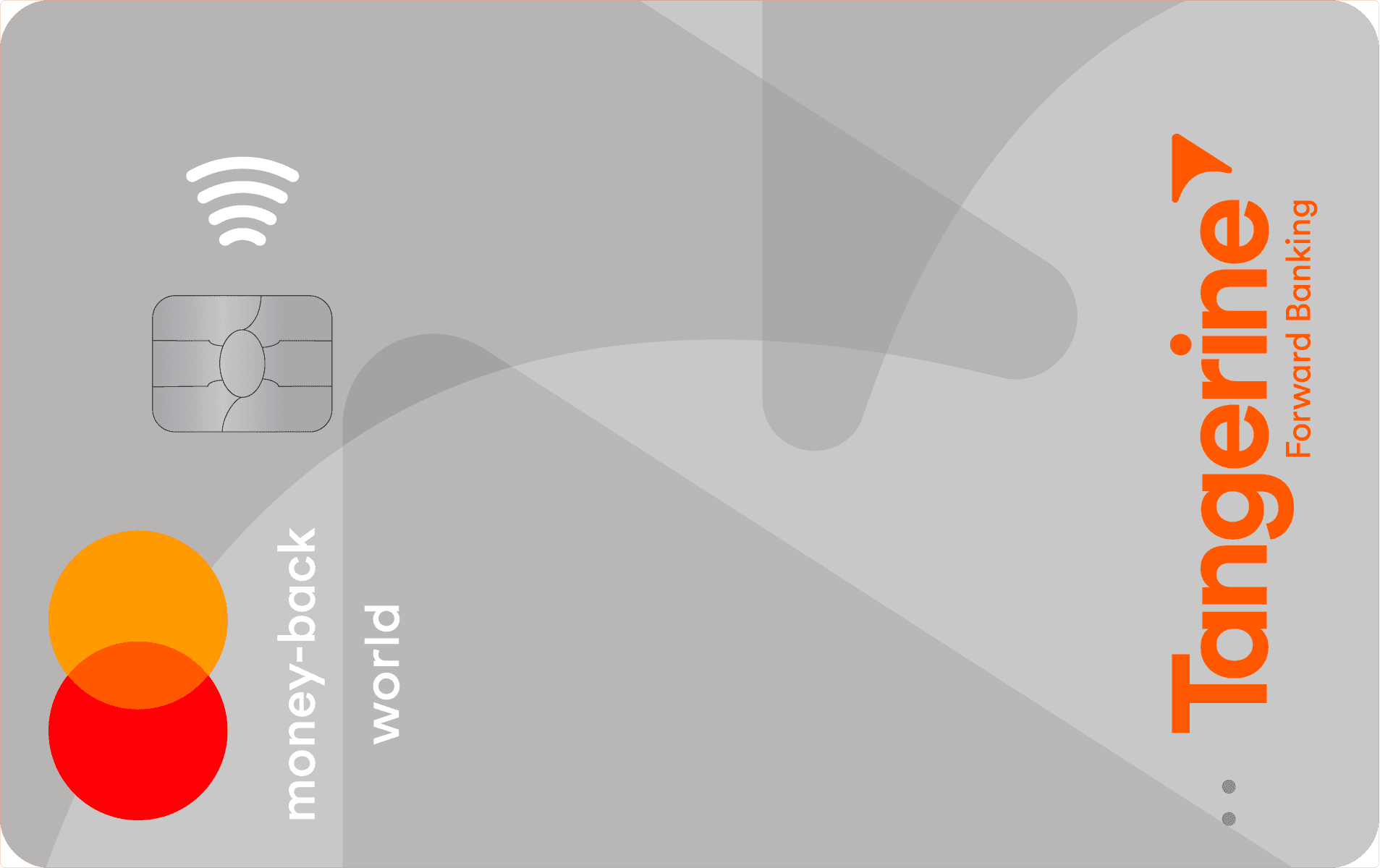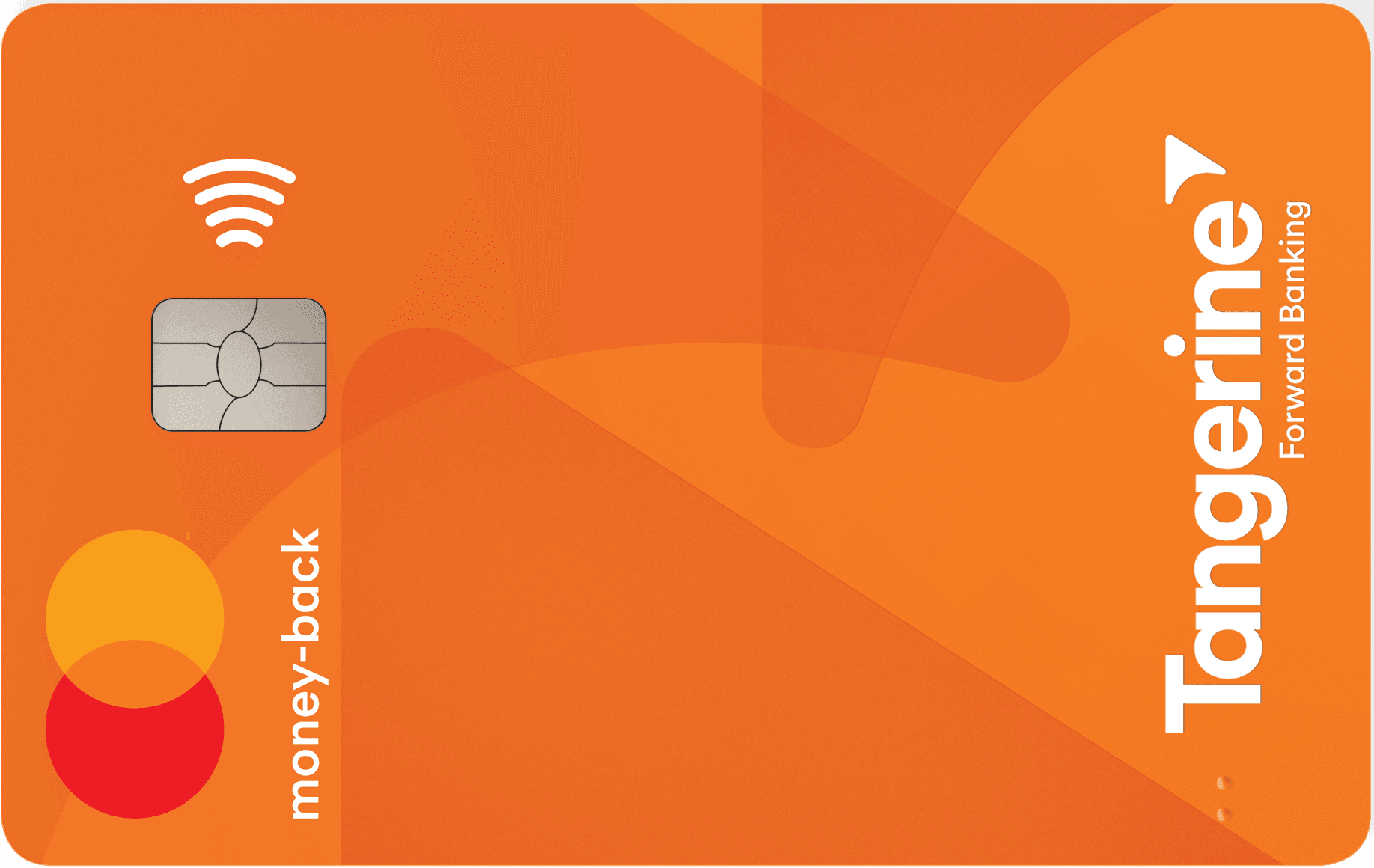Working hard in the background...
Should Canadians Try Credit Card Churning?
Published Jan 9, 2026 3:27 PM • 6 min read
We’re always stressing the importance of using a credit card to its full potential. This way, you’ll extract the most value out of the card in question – whether that’s through its promotional period, rewards program, or added perks.
Many spenders understand how beneficial it is to squeeze everything you possibly can out of a credit card, in fact there are some cardholders that take this practice one step further.
Enter credit card churning: the act of strategically opening multiple credit card accounts to take full advantage of promotional offers, ideally before being charged an annual fee.
Maybe this savvy way of spending sounds tempting to you. Alternatively, it might sound a little too good to be true.
Either way, if you're curious about whether or not you should try credit card churning, keep scrolling.
First, What Is Credit Card Churning in Canada?
To start, let’s explore credit card churning a little bit further.
The process of credit card churning can be summed up by the following steps:
- Apply for multiple credit cards with best sign-up bonuses that complement your spending habits and preferably those with a first-year annual fee rebate or any other introductory incentives (like complimentary hotel stays or statement credits).
- Once you open your accounts, drain out all of their potential promotional value, oftentimes by meeting initial spending requirements. In the meantime, you can also use each card accordingly for eligible transactions to optimize them on a daily basis – racking up even more rewards.
- After you’ve collected every last drop of earning potential within the promotional period, make sure your points, cash, or miles have been posted to your respective account and that any discounts have been used before closing the associated Canadian credit card account. In some cases, you may also need to redeem your rewards before closing the account – so double check all terms and conditions before cutting the cord.
- Finally, repeat the cycle.
When you pack this process into 4 straight-forward steps, it probably sounds simple. In reality, however, you need to be pretty strategic to pull off credit card churning properly. In many circumstances, the risks outweigh the benefits.
When Is Churning Good?
Credit card churning might sound like a risky financial game, but when done with precision and patience, it can actually be a powerful way to earn serious rewards. The key lies in being strategic, understanding the fine print, staying on top of payment due dates, and keeping your spending habits under control. When you approach churning like a well planned project rather than a guessing game, it can deliver thousands of dollars in value through welcome bonuses, travel perks, and cash back opportunities.
In fact, seasoned Canadian churners who plan their applications and spending cycles carefully can earn anywhere from $1,000 to over $5,000 worth of rewards each year, depending on their spending capacity, travel preferences, and the types of offers they pursue. Some even build entire annual vacations out of points and miles earned purely through sign up bonuses and strategic redemptions.
Successful churners treat the process like a financial strategy, not a shortcut. They know when to apply for new cards, how to meet minimum spend requirements responsibly, and when to close or downgrade accounts without harming their credit. They track every detail, from reward expiry dates to annual fee anniversaries, ensuring no bonus or point goes to waste.
In short, churning is good when it is done carefully, deliberately, and with a full understanding of how credit works. If you can manage multiple accounts responsibly, avoid carrying balances, and plan your churns around your personal financial goals, this approach can transform from a risky gamble into a rewarding system that pays you back in thousands every year.
How Does Credit Card Churning Affect Your Credit?
One of the most important aspects of having a credit card, aside from reward optimization and perks, is building your credit – a crucial asset of adulthood.
Effects of Credit Utilization
Initially, you might be thinking that having multiple credit cards simply means the ability to pull from a larger pool of credit, insinuating that if you keep your credit utilization ratio low (generally below 30%) you’re setting yourself up for a healthy credit score. While this technically could be the case, it’s only possible if you understand each card's billing cycle and pay off balances in full by each and every due date. Ultimately, this becomes a lot to keep track of, turning this hack into quite the hassle.
Effects of Hard Inquiries
Basically, the previous section introduces a best case scenario and also assumes the spender has good credit to begin with. Without this kind of creditworthiness, cardholders should be wary of hard credit inquiries (aka hard credit checks). Hard credit checks are a crucial step in most credit card application processes, allowing lenders (in this case, the credit card issuers) to access an applicant’s credit report from Canadian credit bureaus to determine whether or not they can be trusted with additional credit. A hard credit check has the potential to lower your credit score by about 5 points give or take, which might not seem like much, but certainly adds up when multiple credit card applications are being processed in a short period of time. With this in mind, it’s much safer to stagger your credit card applications, regardless of whether or not that sounds like a bummer to the eager churner.
Effects of Closing too Soon
While opening too many credit card accounts at once can have a profound impact on your credit score, on the flip side, closing too many accounts or closing your accounts too soon can also be negatively impactful.
The same way payment history is a major factor in the generation of your credit score, so is credit history, including how long you keep a credit card account open.
Instead of closing credit card accounts after they’ve been successfully churned, smart churners will keep dormant accounts open – unless they charge an annual fee – in which case they’ll implement a product change that will allow them to downgrade to a no-annual-fee contender from the same issuer.
How Do Banks Feel About Credit Card Churning?
Unlike credit card churners, banks are looking for long-time commitments and lasting relationships, not something casual. If you think about it, there's a reason why a bank's rewards system is called a "loyalty program", because they expect just that – loyalty.
Frankly, banks will go out of their way to make credit card churning difficult to master, specifically if you plan on re-applying for a card you’ve previously churned and closed. If you attempt this, your application will likely be rejected. Or, at the very least, you won’t be granted another welcome offer. Likewise, if your bank catches on to your churning while your account is active, they might close your account. Additionally, banks pack certain terms and conditions into their credit card agreements that challenge churning schemes. All in all, if you don’t want to destroy your relationship with your bank –or multiple banks for that matter – steer clear of credit card churning.
So, What Are The Pros and Cons of Credit Card Churning?
To sum up some of the previously stated points as well as a few new considerations, we’ve built this credit card churning pros and cons table:
Pros of Credit Card Churning | Cons of Credit Card Churning |
|---|---|
|
|
Conclusion
So the question remains: should you try credit card churning?
Credit card churning is quite complex, it requires strategic planning, spending, and responsible financial habits in order to operate successfully.
Frequently Asked Questions
No, credit card churning is not illegal in Canada, but to banks, this kind of scheme is definitely frowned upon.
While churning credit cards isn’t necessarily against the law, it can be viewed as an exploitation of promotional offers.
If you already have a good credit score, spread out credit card applications appropriately, keep your credit utilization ratio low, pay off all credit card balances on time, and keep your accounts open for as long as possible, then, in theory, you can practice credit card churning without significantly damaging your credit score.
Based on this post's previous pros and cons table, it’s safe to say that credit card churning might not be worth it. While it has the potential to be quite lucrative, it also has arguably more potential to create credit card debt, unhealthy credit and bad relationships with banks.
Trending Offers

Tangerine® Money-Back World Mastercard®*

Tangerine Money-Back Mastercard

BMO Performance Chequing Account

Scotiabank Passport® Visa Infinite* Card
About the author

Sara Skodak
Lead Writer
Since graduating from the University of Western Ontario, Sara has built a diverse writing portfolio, covering topics in the travel, business, and wellness sectors. As a self-started freelance content ...
SEE FULL BIOAbout the editor

Kevin Shahnazari
Credit Card Expert
Kevin started FinlyWealth and juggles a bit of everything—digging into data, running our marketing, and keeping the finances on track. Before this, he spent years as a data scientist at tech companies...
SEE FULL BIO